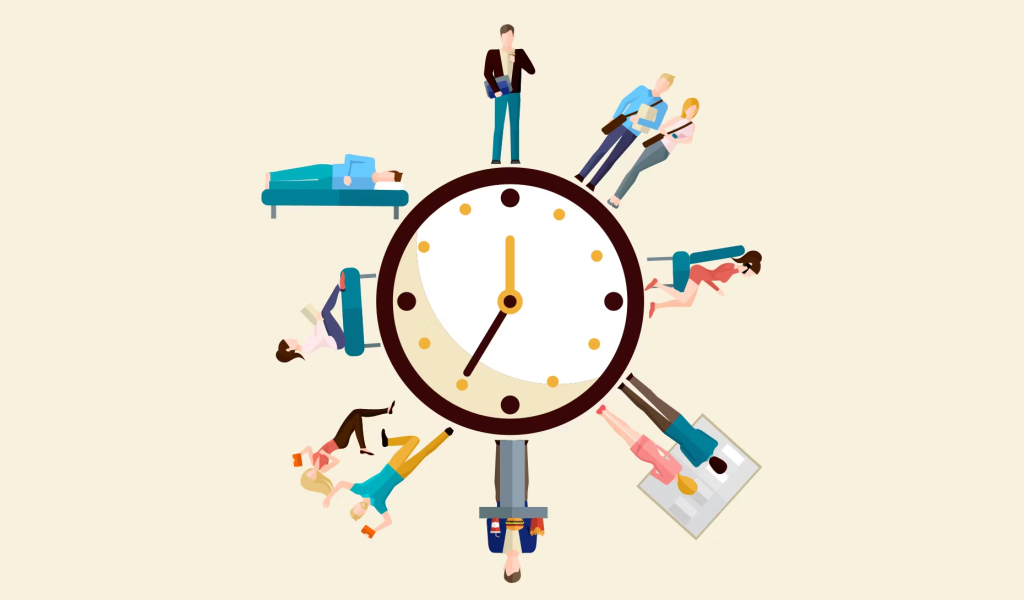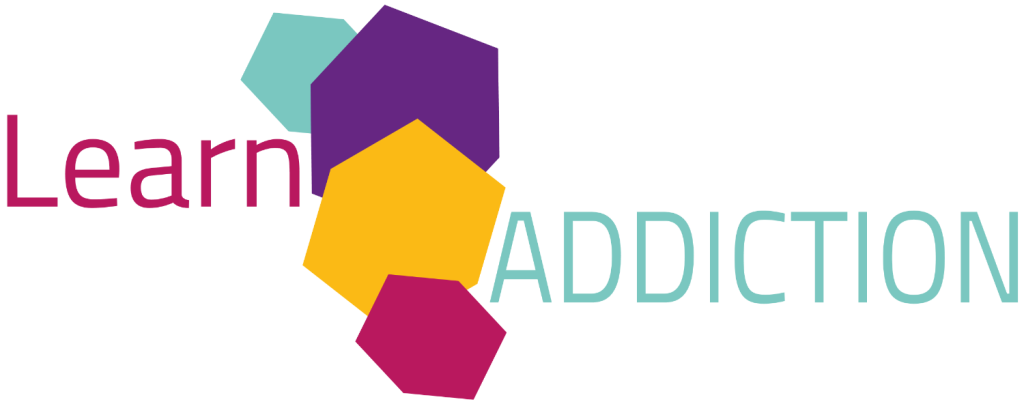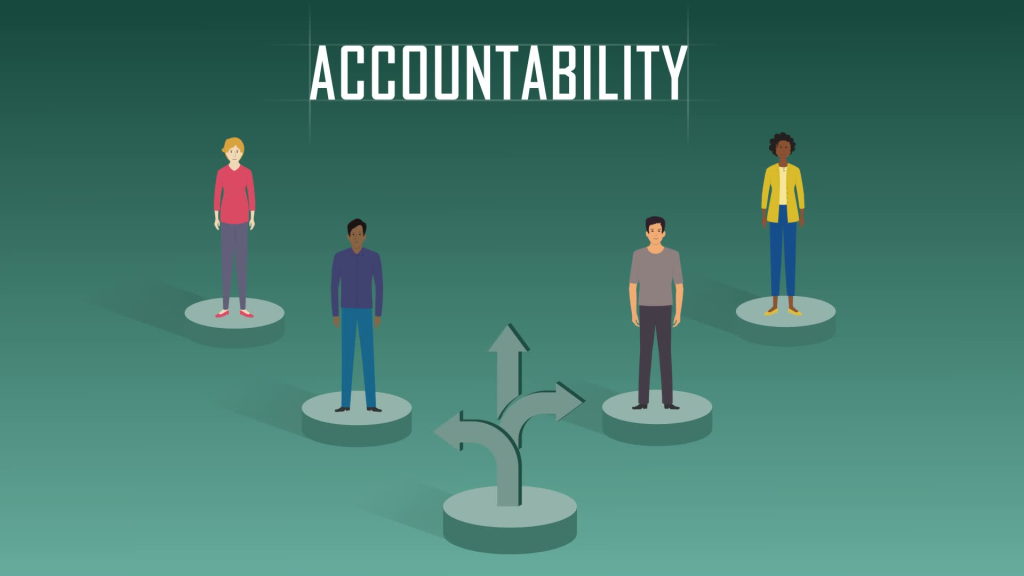Addiction could be of any form, from substance abuse to gambling, social media, shopping, or unhealthy relationships. Each type of addiction will have specifics, but each share one common trait: they have the potential to take hold and control your life, destroy your relationships, and limit your potential. Getting over an addiction isn’t easy, but it is very possible with the proper approach, mindset, and support system. This article will provide you with some strategies and a guide on how to go about getting free from addiction and reclaiming your life.

1. Admit That There’s a Problem
The very first step in winning against addiction is admitting that you have a problem. Quite a hard one, since for a long time, denial has probably been a major player in your addiction. Reflect on the negative consequences on the financial, emotional, physical, or social level that addiction has had in your life. Write down specific ways your addiction affects you and reflect on the losses and missed opportunities it has caused. This core is vital in establishing some groundwork for change.

2. Identify the Root Cause
Addictions are usually symptoms of deeper problems such as trauma, stress, mental health disorders, and feelings of inadequacy. Understanding the root cause of your addiction can help you address the underlying issues rather than just treating the symptoms. It would be advisable to take some time off from your addiction through self-reflection, and visiting therapeutic sessions with a professional therapist to find out what caused your addiction. Having an awareness of addiction can empower you and direct you to take more targeted steps toward recovery.

3. Set Clear Goals
Once you’ve accepted your addiction and the potential causes, start setting obvious and achievable goals for your recovery. The goals should be SMART – specific, measurable, attainable, realistic, and time-bound. For example, instead of saying “I want to quit drinking,” a SMART goal would be “I will cut down my alcohol consumption to two drinks a week in the next month.” Setting clear goals provides one with something to aim for allowing one to monitor the progress.

4. Get Professional Help
Most recovering addicts get this professional help, especially if the addiction is highly picked up. These professionals will be in a position to teach one or supply them with the set of tools, resources, and support needed in the recovery phase. For example, one way of managing addiction is cognitive-behavioral treatment (CBT) because a person is to identify their negative thinking and behavioral patterns to allow them to adjust and manage their addiction more effectively. Medication-assisted treatment (MAT) can also be given to individuals while medicating against substance addiction. Do not be afraid to look for professional help because such an act can dramatically increase your chances of success.

5. Create a Support System
The journey of overcoming addiction doesn’t demand that you be all on your own. You should also rely on a solid support system that is going to be your foundation for recovery. Surround yourself with people who understand what you’re going through and are also supportive of your efforts in change. This can include family members, friends, support groups, or online communities. A support group like Alcoholics Anonymous (AA) or Narcotics Anonymous (NA) will provide an environment in which it is safe to share your experiences and learn from others who have had or are traveling a similar path in recovery. Having a support system will help you with motivation, accountability, and a sense of belonging.

6. Healthy Coping Mechanisms
Most of the time, addiction is used as a coping mechanism against stress, anxiety, depression, or other negative emotions. Recognizing fear, anger, and sadness, and developing a healthier way to handle these emotions will eventually lead to success in overcoming addiction. Some healthier ways to cope with these emotions are through the following: healthy activities, meditation, journaling, and deep breathing exercises. Filling the void left by addiction with hobbies or other activities that a person loves. By replacing negative habits with positive ones, one can replace the urge to fall back into bad habits again.

7. Practice Mindfulness
Mindfulness implies the act of being in a moment, conscious of what is going on within and without you. From that perspective, one can become very aware of the things that triggered addictive behavior and how to manage the eventual situation. Mindful meditation, deep breathing, and body scanning are some techniques that can help keep an individual grounded and in control. You can, therefore, recognize early warning signs of craving and take measures to ensure that you do not slip back into addictive behavior again.

8. Develop a Routine
A structured routine is proven to be very effective in overcoming addiction. A structured day leaves little room for triggers and temptations. Schedule your activities daily, including your work, exercise, meals, hobbies, and time for self-care. Follow up with these activities to benefit your welfare and progress toward recovery. A structured routine keeps you stabilized and focused on your goals.

9. Avoid Triggers
These triggers may be situations, people, or emotions that push one toward relapsing. Learning what the triggers are and then working on avoiding them becomes a crucial facet of recovery. If a person’s environment or certain company is tied to their addiction, then it’s important to stay away from that setting. For instance, staying away from bars if you want to stop drinking or staying away from social media if that is where your addiction lies can be very helpful. Create a safe and supportive environment that fosters your recovery and minimizes the risk of relapse.

10. Practice Self-Compassion
Recovery from addiction is a difficult journey, and naturally, there will be quite some setbacks there. One should not be very hard on oneself as they try to recover from relapse. Instead of viewing it as a failure, see it as an opportunity to learn and grow. Reflect on the triggers that drove you to relapse and how you can put measures in place to prevent the same from happening in the future. Be easy on yourself, and remember a recovery process is a marathon, not a sprint.

11. Replace the Negative Habits with Positive Ones
One way to fight addiction successfully is to substitute negative habits for positive ones. For example, if it is an addiction to smoking, in place of it activity-wise, you could try having periods of regular exercise or, better still, take up a new hobby. Participation in fulfilling and enjoyable activities does reduce the urge to indulge in addictive behavior. The trick is to find positive alternatives that can adequately fill the void created by your addiction.

12. Educate yourself about addiction
As they say, knowledge is power, and learning about addiction may prove to be one of the strongest tools in your recovery. Consider learning more about the particular science behind addiction, how it affects the mind, and the way out. Awareness of how addiction works could help take the mystery out of the experience and offer practical insights into overcoming it. Few resources such as – books, documentaries, and online courses – can help you know and beat your addiction.

13. Celebrate Small Wins
Recovery is a journey. It is important to celebrate success in the course of the journey. Notice and celebrate small victories such as reaching a milestone toward your goals, resisting a craving, or completing one week without indulging in your addiction. It will overcome your infinite amount of confidence through boosts and motivation to show that you are indeed gaining accomplishment in the fight against this demon.

14. Seek Accountability
During the recovery process, accountability lies within the power of motivation. Open your goals and the steps taken by a person you trust. This may be your friend, family member, therapist, or even a support group, knowing that there is always someone else aware of the journey you’re taking will help keep you on track. Make regular check-ins with your accountability partner that encourage you to aid your focus on recovery.

15. Focus on the Future
One may feel trapped by the present. The key to the whole forward power from addiction, by focusing on the future. What is it that you would want from life after overcoming addiction – what it will be like, feel like, and what are all the available opportunities? Keeping your eye on the future can provide you with the necessary motivation and determination to stick with recovery. Remember that every step you practice or take now is going to get you closer to a better tomorrow.

16. Consider Aftercare and Continuing Care
After the individual has dealt with his or her addiction, aftercare services are more or less a support system for the individual to grasp hold of and to ensure they do not fall back into addiction. This may include therapy sessions, support group meetings, or staying connected with your support system. Anyone going through addictions should keep track of aftercare programs to ensure that he or she does not relapse. Recovery is a lifelong process, continuous support is significant over the long term in maintaining your sobriety and good health.

17. Adapt a Healthy Lifestyle
The right lifestyle will help in recovery and the general well-being of your body, such as eating a well-balanced diet, regular exercising, sleeping, and hydration. A healthy body will support a healthy mind and make it easier to resist temptations towards addiction. However, one must engage in activities promoting mental and emotional health: yoga, meditation, and spending time in nature to enhance their recovery phase.

18. Pay It Forward and Help Others
Helping others with addiction problems could be just one powerful way to reinforce your own recovery. Consider volunteering with a local support group, sharing your story with others, or mentoring someone just at the beginning of their recovery. This can fuel you with renewed life purpose and fulfillment reminding you how much you have personally accomplished in your recovery journey.

19. Be dedicated to your recovery
Finally and most importantly, stay committed to your recovery. Recovery isn’t a straight path, one is likely going to have ups and downs. This is the moment to be committed to going on even when it means feeling uneasy. Always remind yourself why you started this journey, and the benefits of living a life free from addiction. Stay focused, stay determined, and never give up on yourself.

Conclusion
Overcoming addiction is challenging, although it can be done. You can be free from addiction and rediscover your life if you can accept your problem, find its cause, ask for professional help, look for support, and learn healthy habits. Remember that recovery is a journey, not a destination. Keep moving forward toward your goals, cheer yourself along the way by celebrating your triumphs – both big and small, and never fear reaching out when you need support. With determination and support, you can overcome addiction and create a healthier, happier new life.
If you feel helpful by reading this topic then don’t miss this topic about – Must Read Books for A Successful Life.







